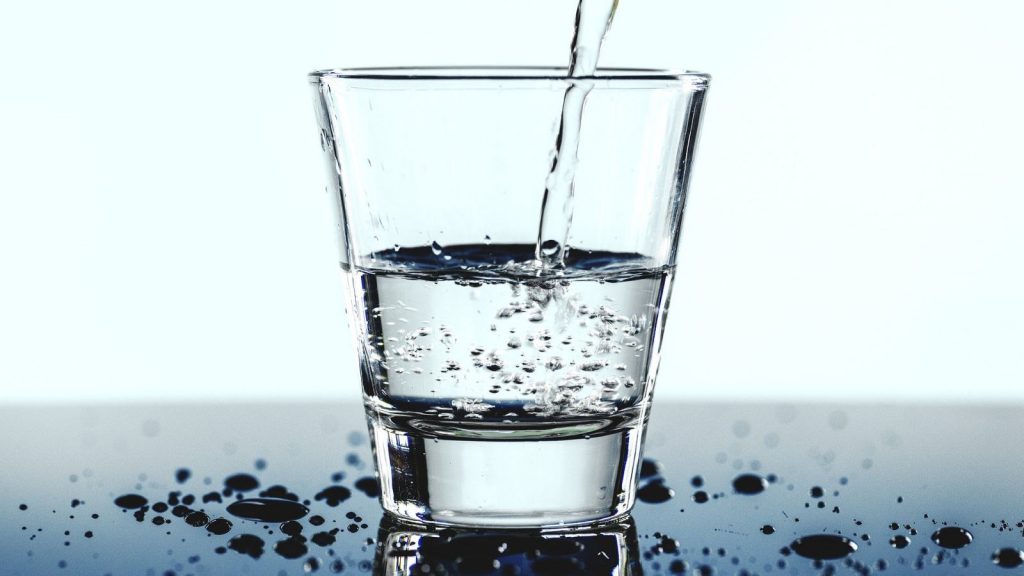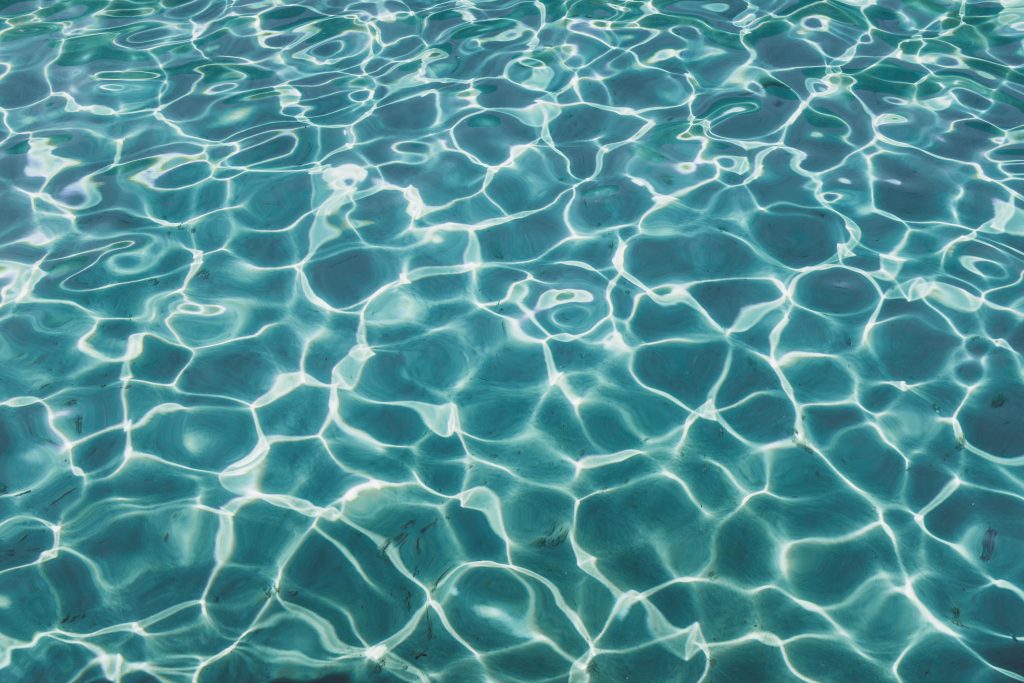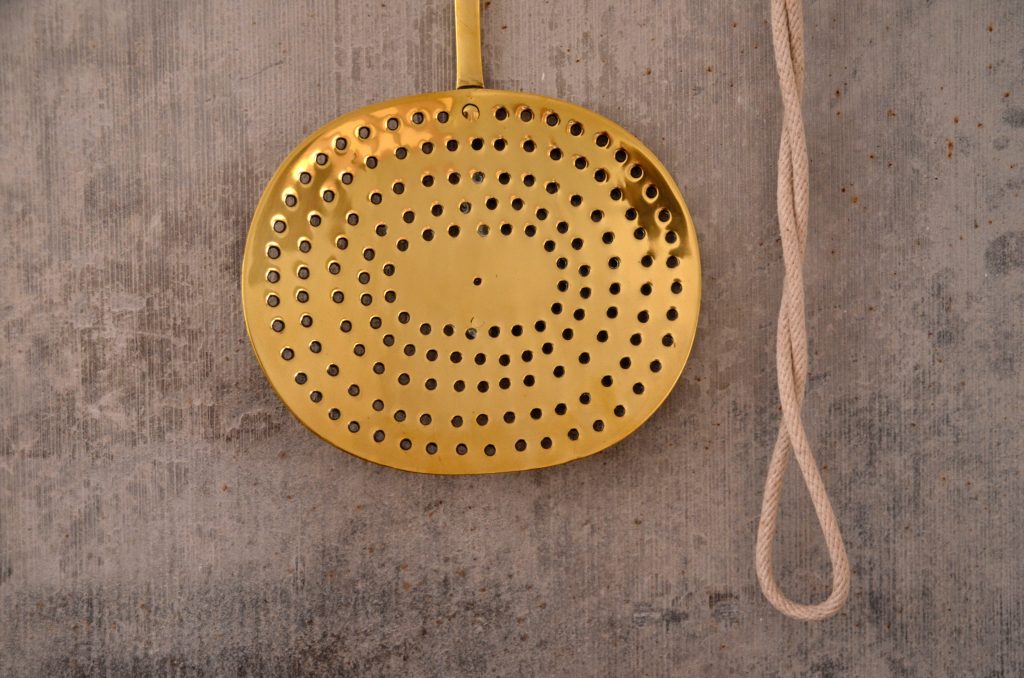Is reverse osmosis water bad for you?
It’s not an unreasonable question; reverse osmosis systems remove minerals from your water and can make it taste different. These are both factors that can cause skepticism, which is why we’re going to explore this topic in detail today.
Read on for the definitive, scientific answer.
Is Reverse Osmosis Water Bad for You?
Simply put, no. In fact, reverse osmosis systems make your water safer to drink.
According to an investigation by the New York Times, American tap water contributes to tooth enamel erosion and rashes. The same investigation revealed that toxic chemicals such as lead and arsenic are common in tap water.
Over the long haul, consuming these chemicals through your drinking water certainly won’t help your health.
Reverse Osmosis Water: Good or Bad?
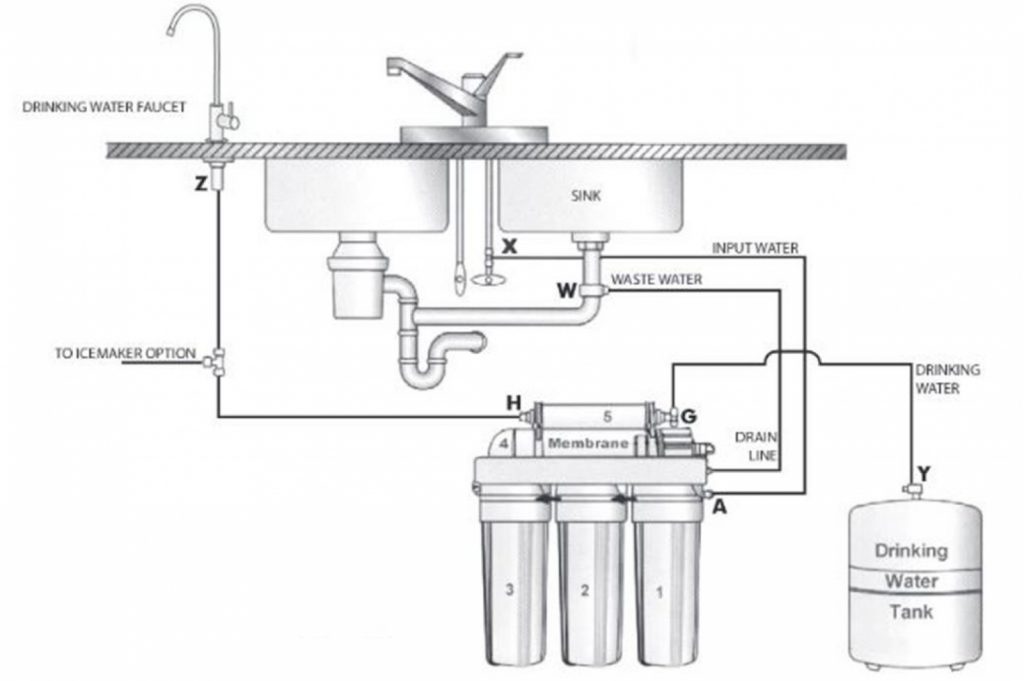
To answer this question in greater detail, let’s first look at how reverse osmosis works.
It involves forcing molecules through filters with progressively smaller pores. While the exact function and number of these filters will vary from system to system, it generally goes as follows.
The first filter is called the “carbon block filter,” and it removes large sediment. The second filter deals with chemicals like chlorine and chloramine.
Thirdly, you have the reverse osmosis membrane. It contains pores large enough to allow water molecules through while stopping bacteria, viruses, and many harmful compounds in their tracks.
From there, the water will go through fourth and sometimes fifth filters to catch any stray debris or chemicals.
At American Home Water and Air, we offer both four and five stage reverse osmosis symptoms.
Once this process is complete, the water enters a tank and is ready for drinking.
Reverse osmosis saves lives in regions where the water is contaminated with parasites and bacteria. Even in situations (like most American cities) where the water condition is not so bad, reverse osmosis improves its quality greatly. This produces the following benefits.
Benefits of Reverse Osmosis Water
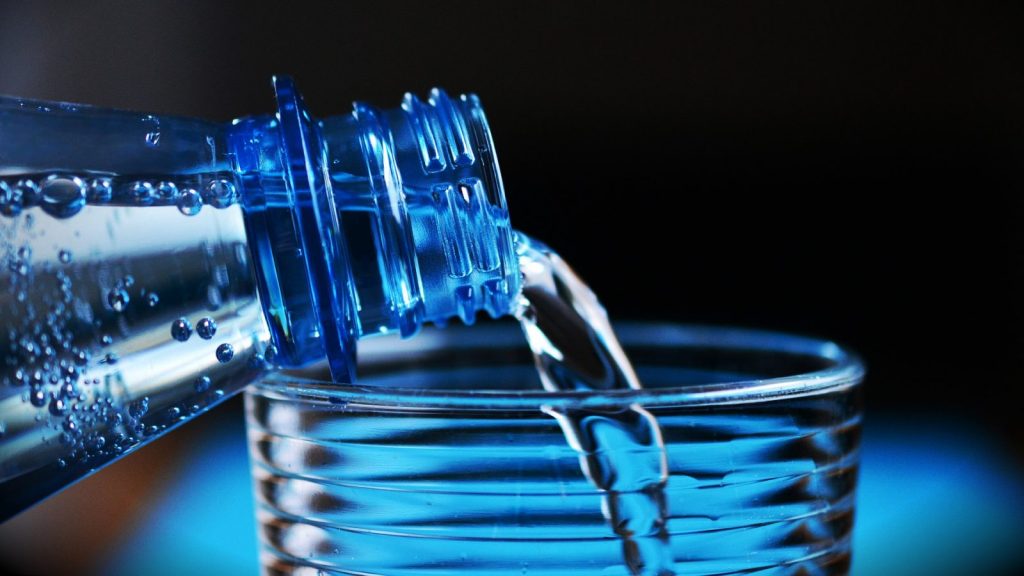
Fewer Contaminants
The reverse osmosis filtration process removes chemicals that can negatively impact your health. This produces cleaner, safer drinking water for your family.
Better Taste
Many people dislike the taste of mineralized tap water. As mentioned earlier, reverse osmosis systems reduce these minerals, thereby reducing the taste.
This may take some getting used to (and there are some processes to reintroduce minerals to RO water) if you don’t have a particular problem with tap water’s taste. But with time, many people come to like reverse osmosis water’s taste.
Financial Savings
Reverse osmosis systems are affordable — especially when you consider that they eliminate your need to buy plastic water bottles constantly. Once you install the system (which is affordable in itself) you’ll find that maintenance costs are negligible. We’ll explore this more shortly.
Are There Downsides?
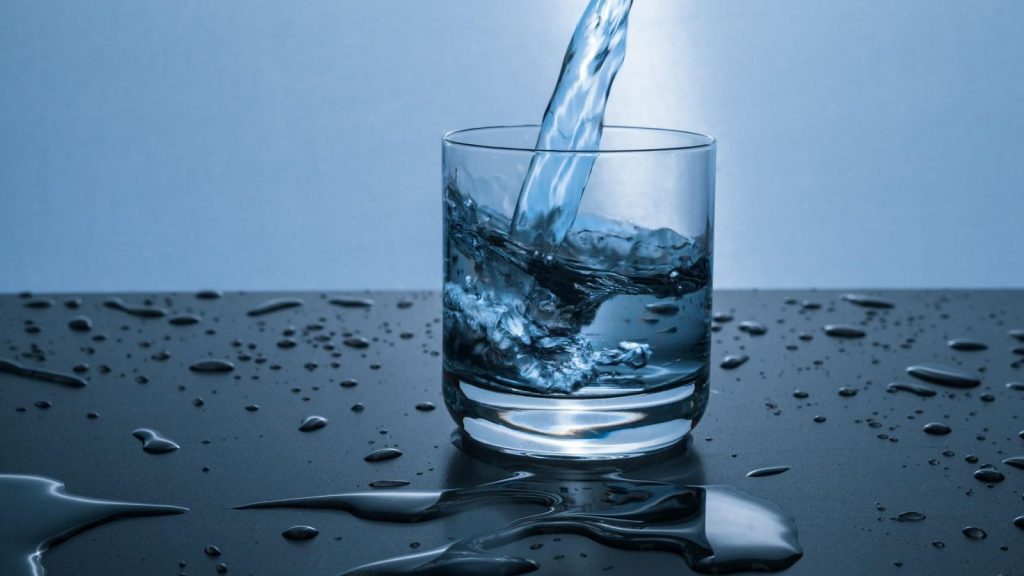
If you’re looking for reasons why reverse osmosis water is bad for you, there’s really only one to speak of. Reverse osmosis can filter out some helpful elements like calcium, manganese, and iron.
This isn’t a major concern since water should not be your primary source of these nutrients (with the exception of fluoride). With a well-rounded diet, you’ll be fine.
As for fluoride, you may lose some of the tooth-protecting benefits. As with the other nutrients, however, taking the necessary health precautions (including using fluoridated toothpaste) should leave you no worse for the wear.
Of course, fluoride skeptics will see its filtration as a positive, eliminating this concern altogether.
Is RO Water Bad for You, Environmentally Speaking?
The environmental viability of our lifestyles is a growing concern. Plastic water bottles are overflowing in American landfills and environmentally-minded individuals are constantly looking for a concern.
For such individuals, a natural follow-up question to ‘is reverse osmosis bad for you?’ is ‘is reverse osmosis bad for the environment?’
To the contrary, reverse osmosis systems are great for the environment. Just think about the alternatives available to Americans looking to avoid drinking tap water.
Plastic bottles are no good environmentally, and buying glass bottles can be financially unsustainable (not to mention the fact that it’s annoying to lug around heavy jugs).
Reverse osmosis is a very viable alternative to those two solutions.
Beyond the home, reverse osmosis is an environmentally sustainable solution for commercial applications as well. Larger systems can reduce the need for hundreds of plastic bottles daily, within a single workplace.
Is Reverse Osmosis Water Bad for You Financially?
Reverse osmosis is very cost-effective, both up-front and over the long haul. At American Home Water and Air, our four-stage system will cost you $299 while our five-stage system costs $359.
That includes a five year warranty and taxes!
As far as yearly maintenance goes, you’ll spend $98 for the four-stage and $100 for the five-stage. These are negligible costs in light of the savings you experience compared to buying bottled water. Also, check our article about water softener system maintenance if you’re interested in maintaining your water softener.
Is Drinking Reverse Osmosis Water Bad For You? — Conclusion
Without a doubt, the answer to the question ‘is RO water bad for you?’ is a resounding ‘no.’
Reverse osmosis systems produce cleaner water, save you money, and are better for the environment.
The only downsides are minor; reverse osmosis systems will reduce some good minerals from your water along with the contaminants. However, you’ll have no problem replacing these minerals with a healthy diet.
Trust American Home Water and Air for your reverse osmosis system needs in Phoenix. Give us a call today at 602-993-0083 to learn about our reliable water filtration systems and best-in-class service.
We’ve been proudly serving all of Phoenix since 1985.


